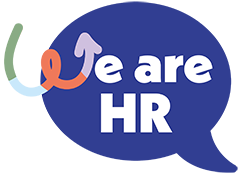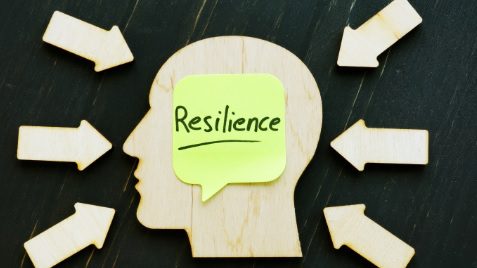Introduction
HR resilience is the ability to bounce back from challenges, remain composed under pressure, and adapt to new circumstances. It’s about keeping a steady hand on the rudder when turbulent waters threaten to capsize the ship. As an HR professional, resilience means being able to handle difficult situations, from workplace conflicts to organizational restructuring, with grace and composure.
HR Resilience Explained
Defining HR Resilience
HR resilience is the ability to bounce back from challenges, remain composed under pressure, and adapt to new circumstances. It’s about keeping a steady hand on the rudder when turbulent waters threaten to capsize the ship. As an HR professional, resilience means being able to handle difficult situations, from workplace conflicts to organizational restructuring, with grace and composure.
Why HR Professionals Need Resilience
In the world of HR, you’re often at the frontlines of workplace crises. Resilience ensures you can effectively handle these situations without becoming overwhelmed. Picture this: you’re mediating a heated dispute between employees, and tensions are running high. Your ability to stay calm, empathetic, and solution-oriented is a testament to your resilience.
The Impact of HR Resilience on Career Growth
Resilience isn’t just a personal quality; it’s a career accelerator. HR professionals who exhibit resilience are often entrusted with more significant responsibilities, such as leading change management initiatives or handling high-stakes negotiations. Your capacity to navigate these challenges can open doors to promotions and leadership roles within your organization.
Take a moment to reflect on your own resilience levels. How has resilience helped you in your HR career so far? Consider areas where you can further develop this vital skill.
Accelerating Resilience
Developing Emotional Intelligence
Emotional intelligence (EQ) is the cornerstone of resilience in HR. It involves understanding and managing your emotions while empathizing with others. An HR professional with high EQ can defuse conflicts, build rapport, and inspire trust, even in the most challenging situations.
Imagine you’re delivering difficult news to an employee, such as a layoff. Your ability to convey empathy and support while maintaining professionalism demonstrates your emotional intelligence and resilience.
Stress Management Strategies
HR can be a high-stress field, and stress management is a critical component of resilience. Effective stress management techniques, such as mindfulness, exercise, and time management, can help you stay composed when juggling multiple demands.
Learning from Setbacks
Resilience isn’t about avoiding setbacks; it’s about bouncing back from them stronger than before. Each challenge you face in HR provides an opportunity for growth. Did a recruitment campaign fall short of expectations? Use it as a chance to refine your approach and develop your skills.
Consider resources or courses on emotional intelligence and stress management to further enhance your resilience. These skills can set you apart as an HR professional who can handle any situation.
The Ripple Effect on Employee Engagement
The HR Professional as a Role Model
As an HR professional, your behavior sets the tone for the entire organization. If you embody resilience, your colleagues are more likely to follow suit. Your example can inspire others to face challenges head-on and maintain a positive outlook.
Encouraging a Resilient Workplace Culture
HR plays a pivotal role in shaping workplace culture. By promoting resilience among employees, you contribute to a workplace where setbacks are seen as opportunities for growth, not as insurmountable obstacles. This, in turn, boosts morale and engagement across the organization.
Employee Engagement Metrics and HR’s Impact
Engaged employees are more productive and committed to their work. As an HR professional, you have a direct impact on engagement through your policies, programs, and interpersonal interactions. Your resilience in managing these aspects can drive a culture of engagement.
Recognize the positive influence you have on employee engagement through your resilience. Consider how you can further cultivate resilience in your organization to create a more engaged workforce.
Visit the CIPD website to explore the range of qualifications they offer. Consider how pursuing a CIPD qualification can empower you to become a more resilient and effective HR professional.
Conclusion
In the dynamic world of HR, resilience is your secret weapon. It empowers you to navigate challenges, drive employee engagement, and propel your career forward. By investing in your resilience and considering CIPD qualifications, you can position yourself as a formidable force in HR and unlock a world of opportunities.
Take the first step towards enhancing your HR career by exploring CIPD qualifications. If you have any questions or need guidance, don’t hesitate to reach out – we’re here to support your journey to success.


